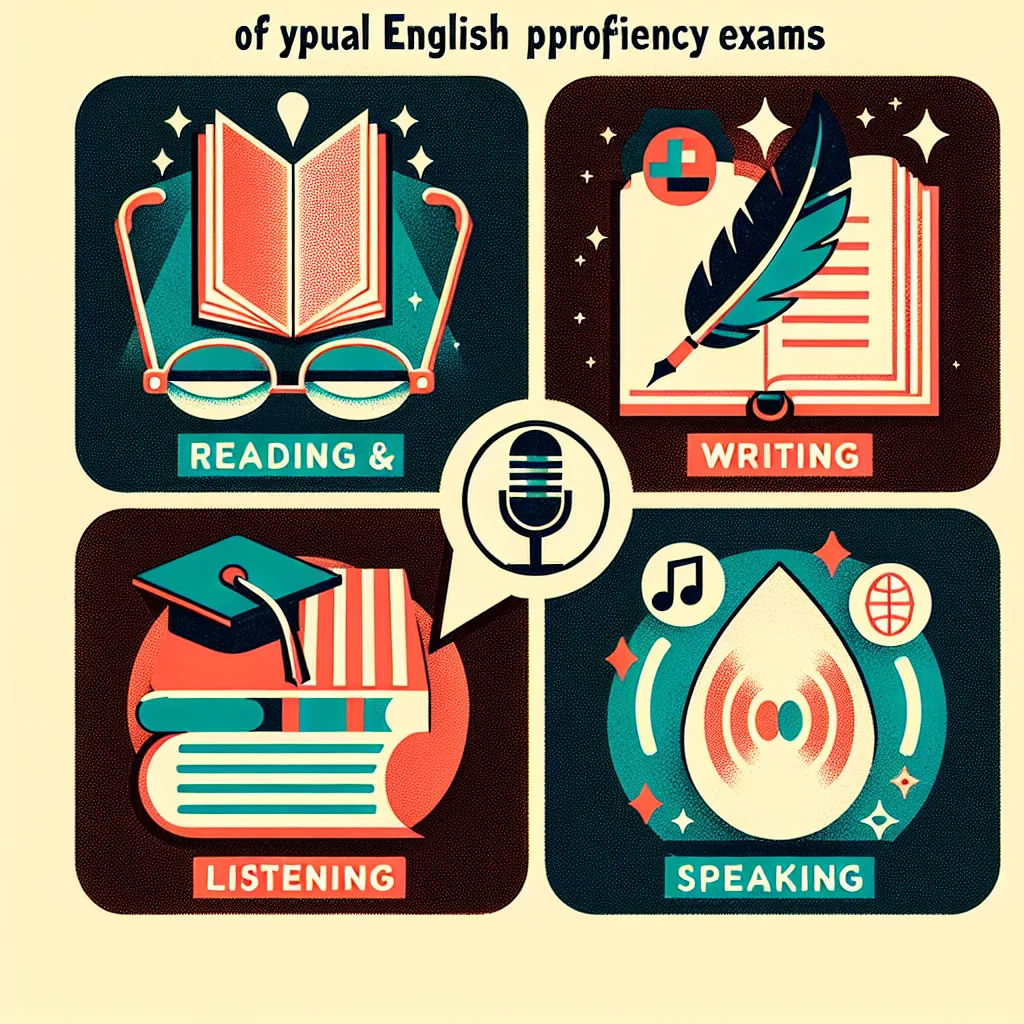Are you preparing for the Cambridge English exams and feeling overwhelmed by the Writing Task 2? You’re not alone. Many test-takers find this part of the exam challenging, but with the right approach, you can master it. In this comprehensive guide, we’ll explore how to effectively analyze a Cambridge Writing Task 2 question, ensuring you’re well-prepared for exam day.
Understanding the Importance of Question Analysis
Before diving into the specifics, it’s crucial to understand why analyzing the question is so important. Proper analysis ensures that you:
- Address all parts of the question
- Stay on topic
- Use appropriate language and structure
- Manage your time effectively
By mastering this skill, you’ll significantly improve your chances of achieving a high score in the Writing section.
 Cambridge Writing Task Analysis
Cambridge Writing Task Analysis
Breaking Down the Question
Identifying the Task Type
Cambridge Writing Task 2 questions typically fall into one of several categories:
- Opinion essays
- Argument essays
- Problem-solution essays
- Discussion essays
- Advantages and disadvantages essays
Recognizing the task type is crucial as it determines the structure and approach you should take in your response.
Analyzing Key Words and Instructions
Pay close attention to:
- The main topic
- Specific instructions (e.g., “discuss both views,” “give your opinion”)
- Any data or statements provided
Underline or highlight these elements to ensure you don’t miss any crucial components.
Understanding the Prompt Structure
Most Cambridge Writing Task 2 prompts follow a similar structure:
- Background information
- The main question or statement
- Specific instructions or questions to address
Being familiar with this structure will help you quickly identify the key elements you need to address in your response.
Developing Your Response Plan
Brainstorming Ideas
Once you’ve analyzed the question, spend a few minutes brainstorming:
- Relevant examples
- Supporting arguments
- Counterarguments (if applicable)
- Personal experiences or knowledge related to the topic
This step will help ensure you have enough content to develop a well-rounded essay.
Creating an Outline
Based on your analysis and brainstorming, create a quick outline:
- Introduction
- Paraphrase the question
- State your position (if required)
- Body paragraphs (typically 2-3)
- Main ideas
- Supporting points and examples
- Conclusion
- Summarize main points
- Restate your position (if applicable)
A clear outline will guide your writing and help you stay focused on the task.
Common Pitfalls to Avoid
Misinterpreting the Question
One of the most common mistakes is not fully understanding what the question is asking. Always double-check your interpretation before you start writing.
Neglecting Part of the Task
Some questions may have multiple parts or ask you to discuss several aspects of a topic. Make sure you address all components of the task.
Going Off-Topic
Stay focused on the specific topic and instructions provided. Irrelevant information, even if well-written, will not earn you points.
Ignoring Word Count
Cambridge Writing Task 2 typically requires around 250 words. Practice writing within this limit to ensure you can complete the task in the given time.
Practical Tips for Effective Analysis
- Practice with past exam questions regularly
- Time yourself when analyzing questions to improve speed
- Discuss your interpretations with peers or a tutor for feedback
- Create a personal checklist for question analysis based on common task types
Next Steps: From Analysis to Writing
After thorough analysis, it’s time to put your plan into action:
- Write your essay, following your outline
- Leave time for proofreading and editing
- Check that you’ve fully addressed the question
- Ensure your language and tone are appropriate for the task
Remember, effective analysis is the foundation of a strong essay. By mastering this skill, you’ll be well on your way to success in Cambridge Writing Task 2.
Conclusion
Analyzing a Cambridge Writing Task 2 question is a critical skill that can significantly impact your performance. By breaking down the question, identifying key components, and planning your response effectively, you’ll be able to write more focused, relevant, and high-scoring essays. Practice this technique regularly, and you’ll approach your Cambridge exam with confidence and skill.
[internal_links]
We’d love to hear about your experiences with Cambridge Writing Task 2. What strategies have you found helpful in analyzing questions? Share your thoughts in the comments below, and don’t forget to check out our other articles on Cambridge exam preparation for more valuable tips and insights.




